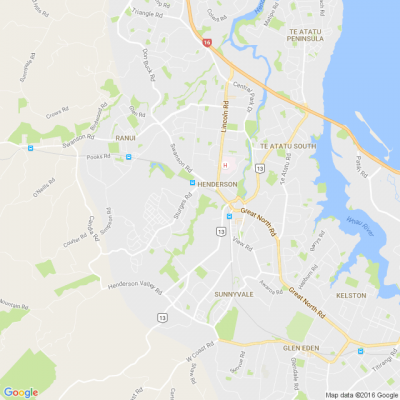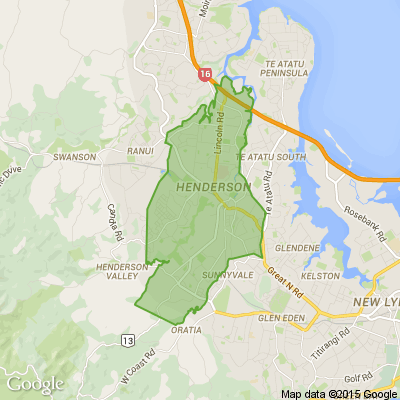🔴News straight from Millhouse Integrative Medical Centre🔴
This is really an interesting read. I have included the reference links that were in the original story as well as the image that has an excellent guide to maintaining a strong immune system.
MARCH 2020
*An unpublished study from China suggests that Covid-19 largely affects older people. Those over 80 had a death rate of 14.8%, compared with 8.0% for those ages 70 to 79; 3.6% for those ages 60 to 69; 1.3% for those ages 50 to 59; 0.4% for those ages 40 to 49, and 0.2% for those ages 10 to 39. No deaths have been reported among children from birth to age 9.
*www.livescience.com...
REMAINING SAFE.
• KNOW YOUR RISK. If you are a smoker, elderly, or suffer from chronic disease, especially cancer or poorly controlled diabetes, your immune system will be depleted and less able to fight infection. When the 2020 flu vaccination becomes available, I strongly recommend having the immunisation, to build an early protective antibody response before influenza hits this winter. That will be one less illness to deal with.
• WASHING HANDS. This is the main way to avoid personal contact with the virus from contaminated surfaces. Wash your hands thoroughly, exposing all skin surfaces to soap and water, for at least 20 seconds. Then dry your hands on a disposable paper towel, as wet skin aids the transmission of the virus. Remember to carry a small sanitiser bottle with you to disinfect your hands when washing is unavailable.
• WEARING FACE MASKS. It is more important that those with cough and cold symptoms wear masks as this protects others from being infected. However, if you enter a high-risk area (hospitals, clinics), wearing a mask
is protective, and men being clean shaven is an advantage.
• COUGHING AND SNEEZING. Use armpit, elbow or handkerchief to prevent release of infected droplets over others.
• KEEP YOUR DISTANCE. Don’t shake hands, hug, kiss, or hongi with anyone who has respiratory symptoms or is unwell.
• AVOID UNSAFE PLACES. If Covid-19 becomes pandemic, I strongly recommend that those at greater risk stay home and don’t allow anyone with cold symptoms to enter. I well remember reading the exploits of the courageous and tempestuous Dr Rawene Smith (real name - Dr George McCall Smith, superintendent of Rawene Hospital in Northland), who during the 1918 flu epidemic blocked cars entering the Hokianga and
preventing the entry of influenza.
• BE PREPARED AND PLAN AHEAD. Ask yourself what will you do if you become infected, or if your relatives, friends or flatmates are quarantined for 2 weeks. Read the **Civil Defence website which has practical advice to assist in developing an emergency survival plan – food, long term medication, toiletries, and toilet paper required for at least 2 weeks, and don’t forget the needs of your pets. Ensure there is a
neighbour, friend or family member who will check on you.
**www.civildefence.govt.nz...
COVID-19 PREVENTION AND TREATMENT
~Excess sugar and alcohol are detrimental to your health.
~Negative emotions subtly weaken the immune system but mindfulness, prayer, and talking with friends and counsellors, as well as, writing therapy, strengthen our healing abilities.
~I am always concerned when I see diabetics with high Hba1c levels, who I know have a compromised immune system and an inability to fight infection. Please see our nursing team, who at no expense, will guide in ways to improve your diabetic control.
~Sound sleep is curative. Eat well and consider supplementation,
especially Vitamin D, Vitamin C, zinc and selenium.
MAINTAIN A STRONG IMMUNE SYSTEM - see image attached
Intravenous Vitamin C (IVC)
In the April 2019 newsletter (available on-line) I told of the usefulness of IVC in emergency situations, though NZ hospitals are reluctant to use it. It has been reported that a number of studies are underway to examine the effectiveness of IVC in treating coronavirus patients.
***March 3 -The government of Shanghai, China has announced its official
recommendation that COVID-19 should be treated with high amounts of
intravenous vitamin C. (1) Dosage recommendations vary with severity
of illness, from 50 to 200 milligrams per kilogram body weight per day to
as much as 200 mg/kg/day.
***orthomolecular.org...
Yours in good health,
Dr Richard J Coleman
New Year, New Questions You Won’t Solve!
I get smaller every time I take a bath.
What am I?
Do you think you know the answer to our daily riddle? Don't spoil it for your neighbours! Simply 'Like' this post and we'll post the answer in the comments below at 2pm.
Want to stop seeing riddles in your newsfeed?
Head here and hover on the Following button on the top right of the page (and it will show Unfollow) and then click it. If it is giving you the option to Follow, then you've successfully unfollowed the Riddles page.

Share your summer photos! 📷
Taken some beautiful snaps lately? Whether it's rainbows, sunsets or a beautiful summer's day, we'd love you to share the joy with us.
Share a photo in the comments below











 Loading…
Loading…




